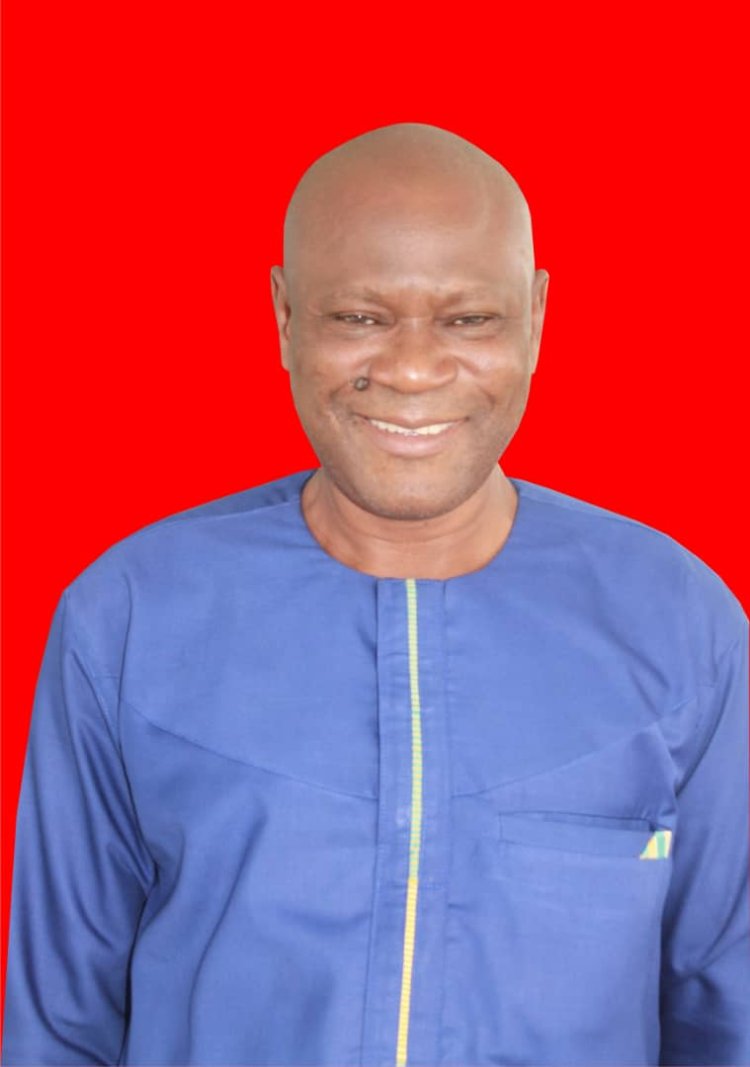The economy of Ghana was doing well and on the path of progress and prosperity under the NPP government led by President Nana Akufo Addo until we were struck by the coronavirus (COVID-19) pandemic.
Since then the economy took a nosedive. The path of economic prosperity and progress had to be temporarily abandoned to contain the pandemic.
All the necessary financial resources needed to make the economy robust have now been diverted and used to manage the pandemic. The pandemic ravaged many economies globally throwing the fundamentals out of gear. Nobody expected this pandemic to hit the world.
Any government will out of necessity abandon its core economic plans and programs to address the situation. This government has done well in managing the pandemic and has been globally acclaimed in that regard.
The government has injected enough resources into managing the pandemic leading to the depletion of the scarce resources of the country. No sooner had the pandemic somewhat abated than the Russia-Ukraine war erupted with its devastating consequences.
The war has also dislocated the world economy visiting debilitating effects on the economies of other countries. The world economic order has been shackled by the war. Every country is looking for economic survival.
Under this circumstance, the government is left with no option but to look for resources to manage the affairs of the country. This is the most prudent direction to go to continue to manage the country.
Any government that has the welfare of its citizens at the center of its policy formulation should not abandon them but rather finds a means to provide for their needs. In this condition, the government cannot afford to leave the people in the lurch.
The people cannot suffer because the government has no resources to cater to their needs. Therefore, going for the IMF bailout program to sustain government efforts to provide for the needs of its people is not a bad decision even though belated. It is better late than never.
The late decision to access the program is due largely to the past experiences we have had with the IMF program.
The need to tread this path cautiously to avoid the mistakes of the past should guide us.
The past always provides lessons for the wise. Now that, we as a country, have abandoned our earlier position on the IMF program, we need to approach the engagement and negotiation with the Fund from "a clean slate viewpoint".
This can help us to avoid biases and entrenched positions which will delay the commencement of the program.
The government will need a crack team of economic experts and negotiators to engage the Fund.
The overall concern of the team is to technically evaluate the cost and benefits of accessing this fund. Frequent communication with critical stakeholders must be the key priority for a successful negotiation and engagement with the Fund.
When communication is lacking, propaganda will feed the mind of the people and that can lead to uninformed calls to abandon the program already underway.
Let us rally behind the government to ensure the success of the program. Extreme partisanship should be avoided this time around. Let the interest of Ghana remain paramount.
Article By: Leo-Nelson Adzidogah


 Freeman Koryekpor Awlesu Greater
Freeman Koryekpor Awlesu Greater 


































